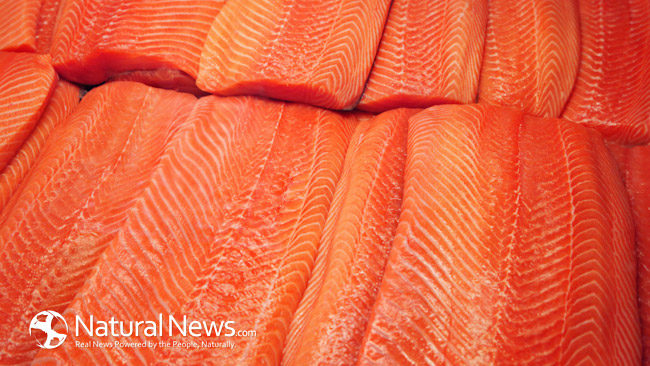Fat seems to have gotten a very bad rep lately, being blamed for many medical problems and an epidemic of obesity in North America. The truth is that you need to get at least 10% of your daily calories from fat, and this substance is essential for your physical and mental good health and well being. If all fat was eliminated from your diet you would not survive long. Fat serves many important purposes in your diet. This substance has fatty acids that your body and tissues need to function properly, fats provide energy, they deliver certain vitamins called fat soluble vitamins, and they keep your skin soft and healthy so that you develop fewer signs of premature aging like wrinkles and skin folds.
All Fats Are Not Equal
The USDA Dietary Guidelines recommend that at least 25% of your daily calories come from fat, but it is important to choose good fats with many health benefits rather than the bad fats which contribute to weight gain, clogged arteries, and other health problems. The Mediterranean Diet is high in fats, but it includes nuts, fatty fish, avocados, olive oil, and plenty of Omega 3 fatty acids. This diet actually promotes good health because it is high in the right types of fats and low in saturated fats which cause health issues.
It is true that any fat will cause obesity if consumed in excess. Every gram of fat, whether it is saturated or unsaturated, will provide 9 calories. If you eat large amounts of fat each day and a large number of calories then you will gain weight, even if all of the fats that you consume are the so called good unsaturated fats.
What Are Good Fats?
Good fats are unsaturated fats, and these can be broken down into a number of different categories. Some of the good fats include polyunsaturated fatty acids, monounsaturated fats, and omega 3 fatty acids. These fats actually protect your heart and cardiovascular system and can prevent many related medical conditions like clogs in your arteries or coronary artery disease. Good fats can be found in foods that include plants, fatty fish like salmon and mackerel, nuts, a variety of vegetable and seed oils, and many other healthy foods. Adding these foods to your diet to replace less healthy saturated fats is recommended.
What Are Bad Fats?
Bad fats are those that are saturated, and trans fats which have been chemically altered. These fat types are the ones which can cause heart disease, clog your arteries, and increase the levels of undesired cholesterol in your blood. Most animal products, such as meat, full fat dairy, eggs, and the skin on poultry are high in saturated fats. Other products that are high in saturated fats include certain vegetable oils like palm oil and coconut oil. These oils are vegetable fats which usually stay liquid at room temperature. All saturated fats should be minimized in your diet, and replaced with healthy fats instead. This is a small step that can have big consequences for your health.
Why Are Omega Fatty Acids So Important in Your Diet?
Omega 3 fatty acids are one of the best fats to have in your diet. These are long chain omega 3 fatty acids, and they provide the best heart disease protection and can help keep your arteries clear and your cholesterol levels lower. The American Heart Association considers omega 3 fatty acids as the most effective type of omega 3, and they recommend that individuals eat fatty fish a minimum of 2 times each week. Omega 3 supplements do not provide the same health benefits and protection so this essential fat must come from a healthy diet instead. Foods rich in omega 3 fatty acids include:
- Catfish
- Salmon
- Mackerel
- Trout
- Tuna
- Walnuts
- Flaxseed
References:
http://www.webmd.com/diet/features/skinny-fat-good-fats-bad-fats
http://www.livestrong.com/article/43948-fats-important-diet/
http://www.helpguide.org/articles/healthy-eating/choosing-healthy-fats.htm





